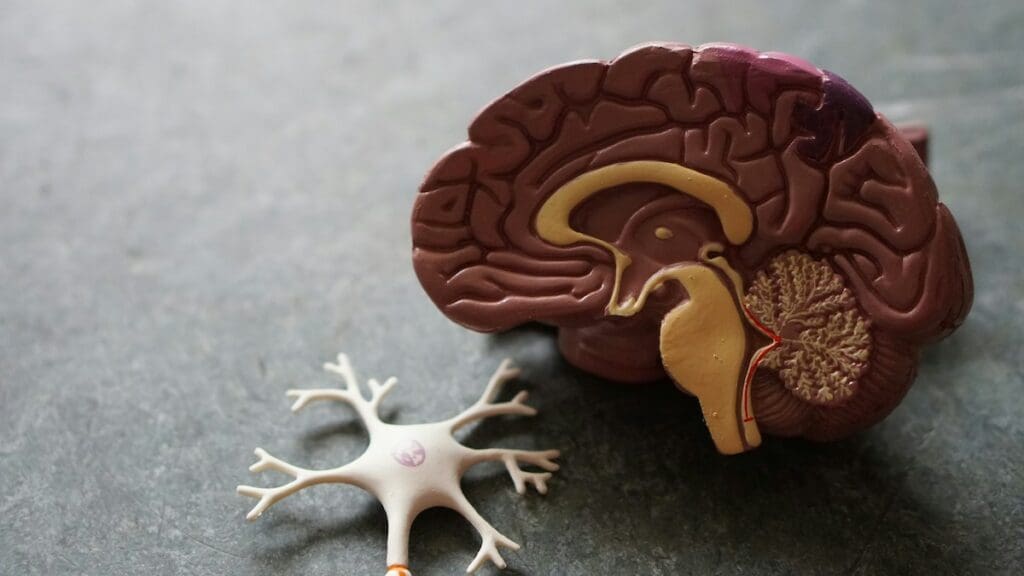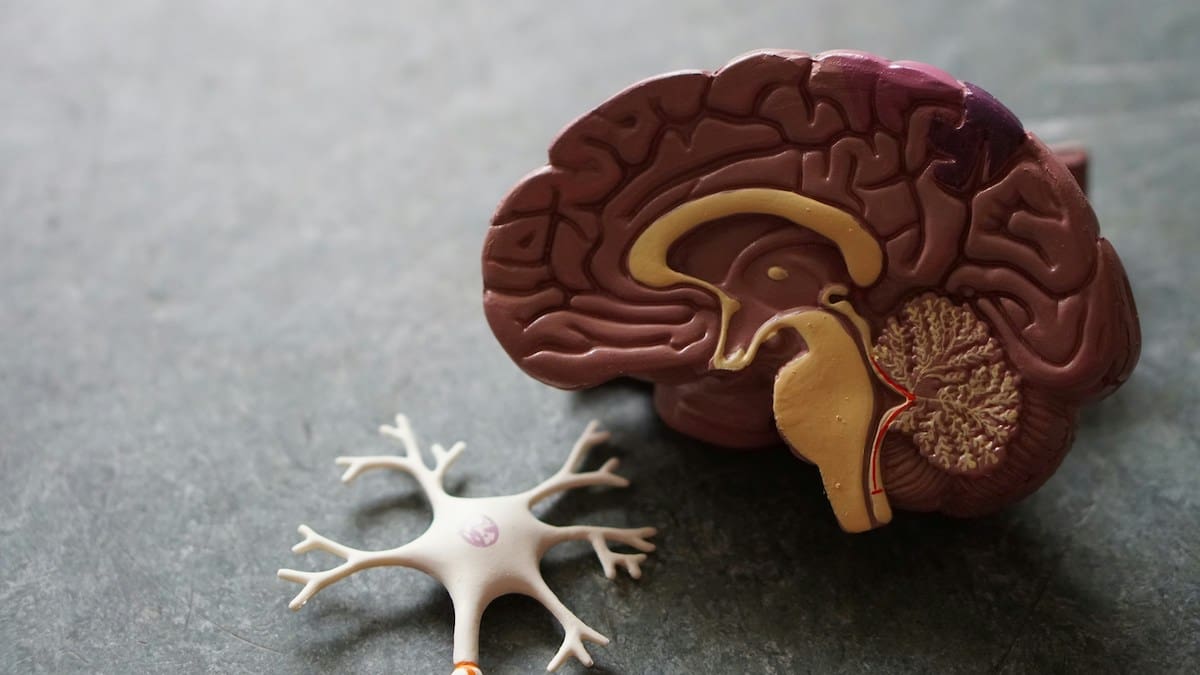Signs, Diagnosis, and Support in Fort Worth

Early-onset dementia (EOD) presents unique challenges both for those diagnosed with the condition and for their families, especially since it occurs in individuals under the age of 65. Acknowledging the signs and symptoms of early-onset dementia is crucial for timely medical intervention, which can significantly affect the management of the condition. In Fort Worth, as in many communities, understanding these early indicators, such as memory loss that disrupts daily life, challenges in planning or problem-solving, and changes in mood or personality, can help in seeking appropriate support.
An early diagnosis of dementia opens the door to an array of support options and resources tailored to assist younger patients and their loved ones. These resources not only provide medical care but also offer emotional and social support to help maintain quality of life. In Fort Worth, a range of services including support groups, healthcare facilities specializing in dementia care, and community programs are available to those impacted.
Finding the right support is vital for coping with the implications of early-onset dementia. It empowers patients and their families with knowledge, support networks, and medical care aimed at managing the disease’s progression. Local organizations in Fort Worth understand the intricacies of EOD and strive to provide resources that alleviate the challenges associated with this life-changing diagnosis.
Understanding Early-Onset Dementia
This section aims to provide a comprehensive understanding of early-onset dementia, including what it entails, who it affects, and the various forms it can take.
Defining Early-Onset Dementia
Early-onset dementia refers to dementia that occurs before the age of 65. It is a significant neurological condition that affects individuals in their prime working years, leading to cognitive decline that interferes with daily functioning and independence.
Prevalence and Age at Onset
Early-onset dementia is less common than dementia in older adults, but it is not rare; it affects approximately 5% of those with dementia. The age at onset varies, with symptoms typically emerging between 45 and 65 years old.
Common Types of Early-Onset Dementias
- Alzheimer’s Disease: The most familiar form of early-onset dementia, characterized by memory loss and cognitive decline.
- Vascular Dementia: Caused by reduced blood flow to the brain, oftentimes following a stroke or series of mini-strokes.
- Lewy Body Dementia: Marked by the presence of abnormal protein deposits in the brain known as Lewy bodies, causing symptoms that include visual hallucinations and parkinsonian features.
- Frontotemporal Dementia: Involves progressive damage to the frontal and/or temporal lobes of the brain, affecting personality, behavior, and language.
Recognizing the Signs of Dementia
Early-onset dementia can present unique challenges, making the recognition of its signs critical for timely intervention and support.
Cognitive Decline and Memory Loss
Individuals with early-onset dementia often experience noticeable lapses in memory. This includes:
- Forgetting recently learned information or important dates.
- Asking the same questions repeatedly.
Memory problems become more apparent as they interfere with daily tasks, leading to a decline in the ability to perform familiar activities.
Behavioral and Mood Changes
Dementia frequently manifests in alterations of behavior and mood. Signs to be attentive to are:
- A shift in mood or demeanor with no apparent cause.
- The emergence of apathy or withdrawal in social situations.
- Confusion over simple tasks or in familiar settings.
Changes in behavior may also include irritability or aggression, which are departures from previous personality traits.
Physical Symptoms and Comorbidities
While cognitive symptoms are more commonly associated with dementia, physical changes can be indicative as well. These changes might cover:
- Difficulty coordinating movements or handling objects.
- A decline in personal grooming or hygiene.
Comorbidities, such as difficulty swallowing or walking, may be additional indicators of the presence of dementia.
Risk Factors and Prevention
Understanding the risk factors for early-onset dementia and taking steps towards prevention can significantly impact the prognosis and management of the condition. This section will discuss genetic, lifestyle, and medical factors that contribute to the risk of developing early-onset dementia.
Genetic Predispositions and Family History
Individuals with a family history of dementia, particularly early-onset forms, may have an increased genetic predisposition to the condition. Genetic mutations in certain genes like APP, PSEN1, and PSEN2 have been linked to higher risks. Genetic counseling can provide guidance for those who have relatives diagnosed with early-onset dementia, outlining potential risks and planning for early interventions.
Lifestyle and Environmental Factors
Lifestyle choices play a crucial role in the development and prevention of many diseases, including dementia. Smoking and excessive alcohol consumption have been identified as significant contributors to the onset of dementia. Smoking cessation and moderating alcohol intake can reduce risks. Regular physical activity and a diet low in saturated fats may also play a protective role against hypercholesterolemia and subsequent cognitive decline. A systematic review discusses the environmental and lifestyle risk factors for early-onset dementia in depth.
Medical Conditions and Other Factors
Preexisting medical conditions such as diabetes, heart disease, and stroke are important risk factors for early-onset dementia. These conditions can affect cerebral blood flow and increase the likelihood of developing dementia. Additionally, mental health issues like depression and anxiety can be both risk factors and early symptoms of dementia. Managing these conditions through proper medical care is critical for reducing dementia risk.
The Importance of Early Diagnosis
Detecting early-onset dementia promptly allows for timely intervention, which can significantly affect the quality of life for those affected. This importance aligns with the need for accurate neurological assessments to understand the progression and potential management of the condition.
Benefits of Early Detection and Intervention
- Timely Support and Planning: Initiating an early diagnosis of dementia facilitates access to crucial support services and enables both patients and their families to plan for the future.
- Medical Management: Early intervention may help manage symptoms and potentially slow the progression of dementia, highlighting the value of early detection.
Diagnostic Tests and Neurological Assessment
- Neurological Examinations: These are crucial for diagnosing dementia, including cognitive and memory tests, as well as physical exams evaluating reflexes, muscle strength, and sensory perception.
- Imaging Tests: Brain scans such as CTs or MRIs can indicate patterns of brain atrophy associated with early dementia and are key in the diagnostic process.
Finding Support in Fort Worth
Early-onset dementia is a challenging diagnosis, but Fort Worth offers a range of supportive resources to assist those affected. From healthcare providers to local resources and community-driven support, individuals and their families have multiple avenues to seek help.
Seeking Help from Healthcare Providers
When facing early-onset dementia, it is crucial to connect with healthcare providers who specialize in this condition. These professionals can aid in early diagnosis and provide tailored treatment plans. It’s important for individuals to find a local healthcare provider in Fort Worth with experience in dementia care to ensure they receive the most effective support.
Local Resources and Support Options
Fort Worth is home to a number of local resources, designed to assist those living with dementia and their families. The Dementia Friendly Fort Worth initiative is a valuable resource, aimed at educating the community about dementia, while also offering support and care. Additionally, services such as the James L. West Center provide memory care services, education programs, and support groups that are essential for the community.
Navigating Social Support and Community
Creating a supportive social network is integral for those dealing with dementia. In Fort Worth, the community has taken steps to support these individuals through various programs and services. Engaging with local support groups and participating in community activities can significantly alleviate the sense of isolation that often accompanies a dementia diagnosis, ensuring that individuals and their families experience the social support necessary during these challenging times.
Living with Early-Onset Dementia
When facing early-onset dementia, patients and their families in Fort Worth encounter various challenges, from adapting daily routines to addressing the emotional impact. Effective coping mechanisms and community support can markedly improve their quality of life.
Coping Strategies for Patients and Families
Patients and their families need a robust set of strategies to manage the demands of early-onset dementia. Creating a care plan tailored to the individual’s needs is essential, involving problem-solving techniques to navigate daily challenges. Families may benefit from attending support groups specific to early-onset dementia in Fort Worth, where shared experiences foster a sense of community.
Dealing with Stigma and Emotional Challenges
The stigma associated with dementia can lead to social isolation and emotional distress. Education is crucial in dispelling myths and promoting empathy. Open dialogue about the condition with friends, relatives, and employers helps to foster understanding. Caregivers should also prioritize their emotional well-being, seeking professional counseling if needed, to ensure they can continue to provide support.
Long-Term Care and Daily Management
Long-term care planning is crucial for ensuring sustainable care as early-onset dementia progresses. This includes exploring in-home caregivers, adult daycare programs, or residential facilities equipped to handle specific dementia needs in Fort Worth. Daily management might require modifications to the living environment to maintain safety, establishing routines, and adopting a healthy lifestyle to slow disease progression.
Outlook and Moving Forward
The future for individuals with early-onset dementia hinges on continued advancements in multiple areas, including research in disease mechanisms and development of new treatments, as well as increased advocacy and awareness. These efforts aim to transform the landscape of care and support.
Advancements in Research and Treatments
Ongoing research is crucial for understanding early-onset dementia and improving treatment options. Studies focused on genetic and environmental risk factors drive prevention strategies that could reduce the disease’s impact. The World Health Organization acknowledges the importance of enhancing research efforts to understand the complex nature of dementia. Promising clinical trials are in progress, aiming to slow or halt the progression of dementia symptoms. These new approaches matriculate from labs to clinical settings, offering hope for lessening the need for institutionalization.
Advocacy, Awareness, and Future Directions
Raising awareness about early-onset dementia is key for advocating for better resources and support systems, especially in communities like Fort Worth. Local organizations are instrumental in providing information and creating support networks for affected individuals and their families. Future efforts will likely involve advocating for policies that facilitate early diagnosis and access to care. This proactive approach can empower communities, ensuring they provide comprehensive support that aligns thoroughly with the biopsychosocial needs of individuals with early-onset dementia.
Conclusion
The journey through early-onset dementia can be challenging for patients and their families. Recognizing the signs early and seeking timely diagnosis are pivotal. Given that early diagnosis can lead to better management of the condition, awareness and understanding are indispensable. Patients in Fort Worth are fortunate to have access to a supportive network.
Support comes in many forms; local support groups, healthcare professionals specializing in dementia care, and educational resources are all available to assist those dealing with early-onset dementia. Fort Worth’s community services offer programs aimed at improving the quality of life for individuals and their caregivers.
To be proactive, one should make note of any cognitive or behavioral changes and consult with healthcare providers. Families are encouraged to explore the wide range of resources designed to assist with the unique challenges posed by early-onset dementia.
In closing, Fort Worth provides comprehensive support for early-onset dementia, enabling patients and their families to navigate this condition with greater confidence and understanding. Everyone’s experience with dementia is unique. Fort Worth’s tailored resources aim to meet these diverse needs, offering solace and assistance amidst the complexities of dementia care.









